Sean San José: I want to say congratulations, belatedly of course on becoming the first woman artistic director of the historic Lorraine Hansberry Theatre.
Margo Hall: Yes, belatedly. I've seen you at least...
Sean: 758 times—
Margo: —since we started on this endeavor. I came on in September of 2020. Well, I came on earlier, but that was the technical term we use for the newspapers. When did you come on as artistic director at Magic Theatre?
Sean: Just this year—so 2021. They decided in May or something like that, so I started in June a little bit, and then officially in August. So, about a year after you did.
Margo: I was waiting for you to come on.
Sean: Well, it's funny, because of course everyone links it. I was happy when they announced the Magic thing. I was like, “This is cool for the Bay, because you and Marva are running these joints now.” It also says something about who is in the Bay and what they respond to. People can see the aligned vision, even though clearly Lorraine Hansberry and Magic Theatre have very different paths and histories. I guess people are hip and ready for those journeys to evolve—that's the word I keep using, so as not to scare people but also let them know we're expanding the vision.
Margo: Right. I think for me, it's not like I'm coming into a previous predominantly white institution. But in this legacy of Lorraine Hansberry, I'm the first woman. So I think it's interesting—not to say that female writers weren't used in the past, but it wasn't necessarily a focus, where it is a focus for me. That would be the change, if you're thinking of what is different about me being here—like what's different about you being at the Magic Theatre.
Sean: The hippest thing is that you and I have the luxury of working at institutions that have a history that we admire, especially having been in the Bay area. But at the same time, we are not weighed down with fulfilling that vision. Instead, we have these committees and boards and this moment in time that has us collectively asking, “Where should it go?” That allows us to use this moment to say, “Well, this is going to be the focus.” That feels active and necessary. The only reason I was interested is because I have a very specific idea of what I think could activate this space and this plan to make this a bigger home to more people.
It's different for me too because, like you were saying, it's a different mountain to climb to be like, “I'm going to do it within this white institution.” It is a white organization, whether or not they name it; it is what it is, and it is what it has been. But it doesn't mean that's what it will always be. So, there's a lot of deconstruction to do.
Margo: That's what's exciting about it. It's not necessarily replacing; it is expanding to hear new voices in that community and expanding people's brains. With me going to Lorraine Hansberry Theatre, I'm not only interested in putting a season together. I want to move forward in a more nontraditional way of how things are normally done and think about a more organic process. What is happening and what do we need to do? I know there has to be a plan and ideas, but for Campo Santo, it was like, “We got these cool plays, let's try to put them up.”
We never posted a season, but we worked organically and found writers we liked working with. We said, “Hey, we want to do a production with you and start a process.” When trying to talk about that to a board, it’s a little scary for them. But it's like, “No, we've got to put up a season.” It's like, "I have no idea what's going to be going on in a year."
Sean: That's the catch: People think all the work we have done together with Campo Santo and going forward with these new organizations comes without planning . First of all, the plays take three to five years to marinate, so we're not coming off of uncooked shit. But the other thing is that there are enough burners going and then we realize, “Oh, shit. Right now, this is what we need to talk about.” Or the work says, “Hey, let me speak right now, this is important,” or “This is so hot.” That’s different than saying, “Oh, don't worry, in 2024, that's when that commission drops.” I'm not against that, but given the opportunities that you and I have, it's more like, “What can we do that will resonant with the communities that we want to talk to?”
I think that travels across cultures, communities, and neighborhoods. We're still in this weird moment in time where institutions go, “We better get a woman; we've never had a woman. We better have a person of color; we've never done that.”

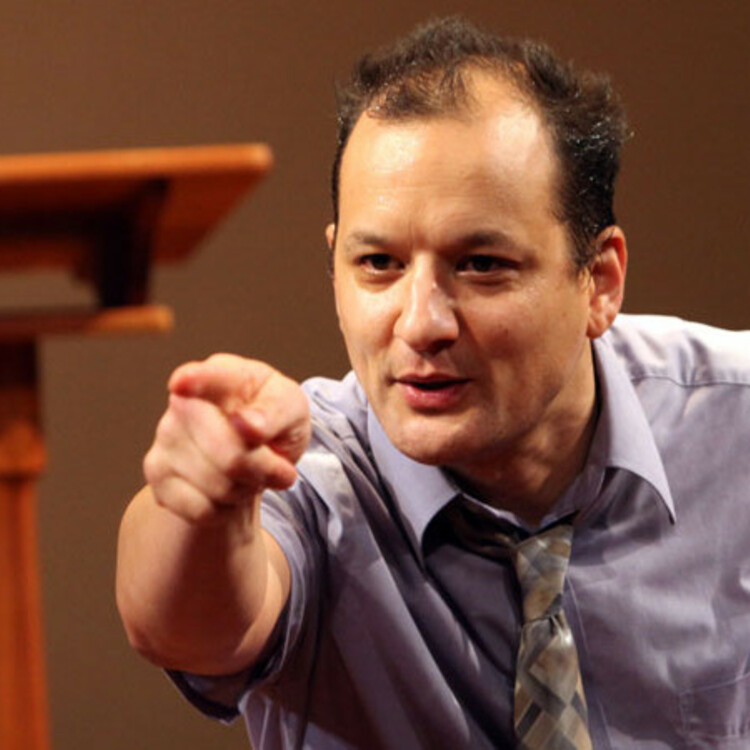
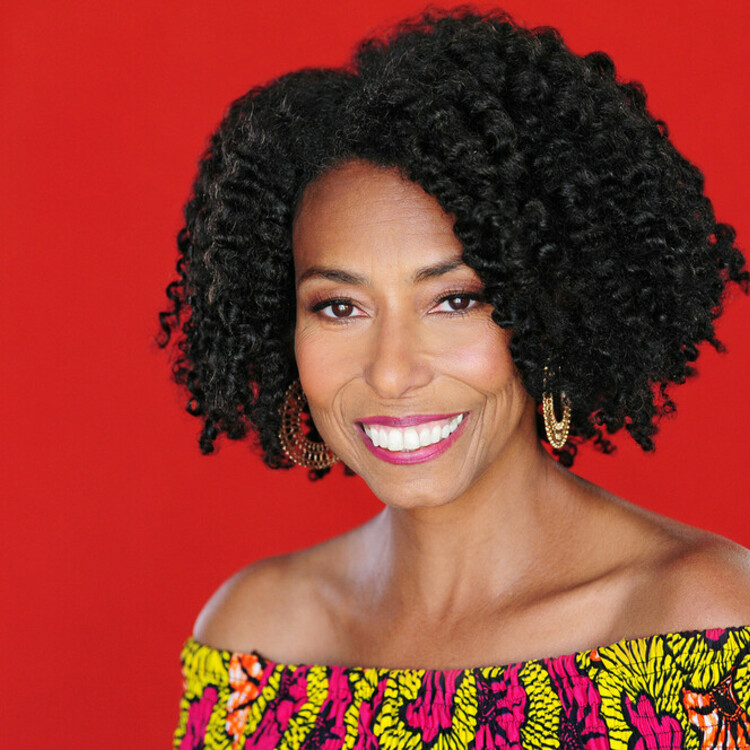
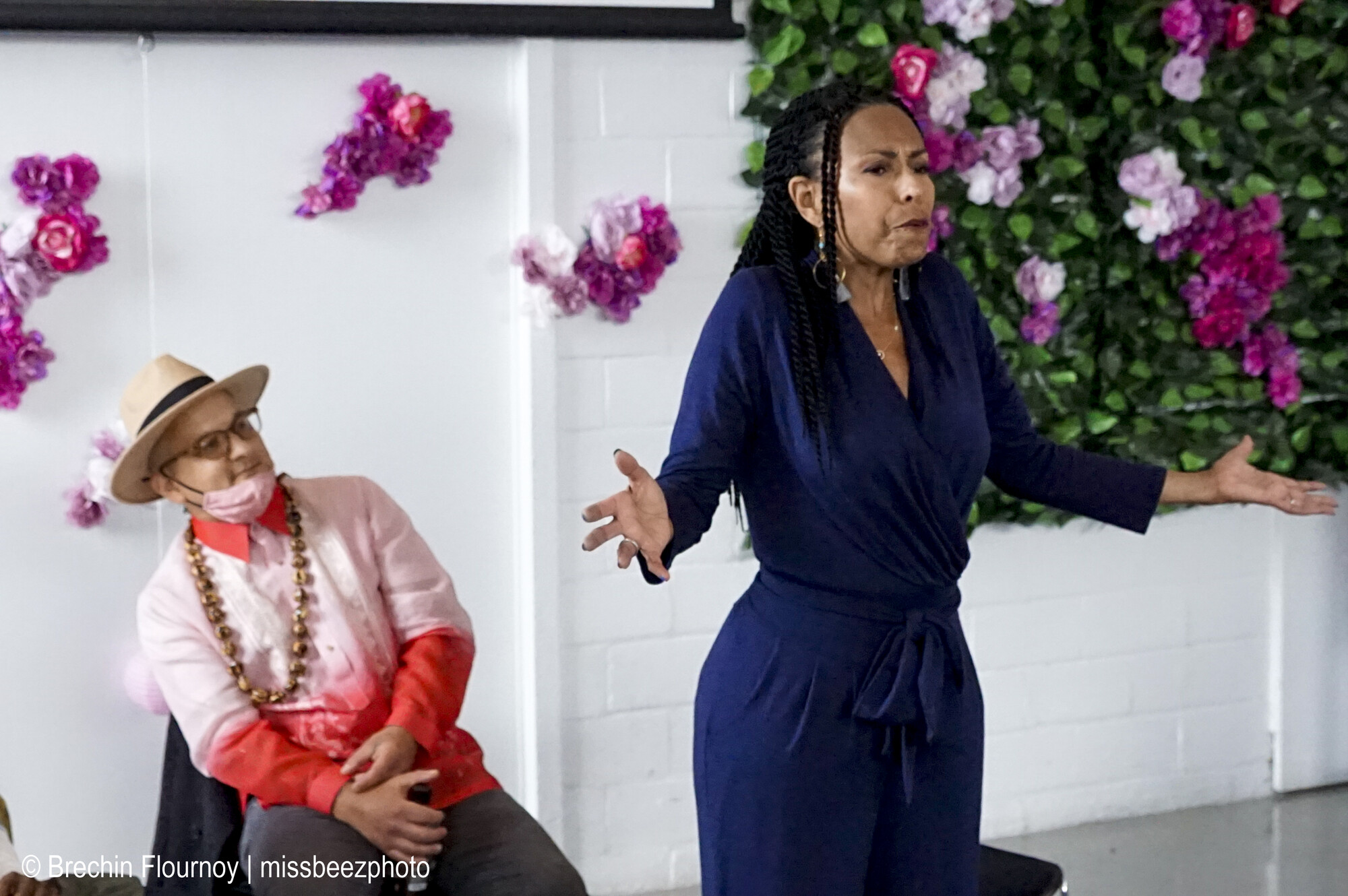
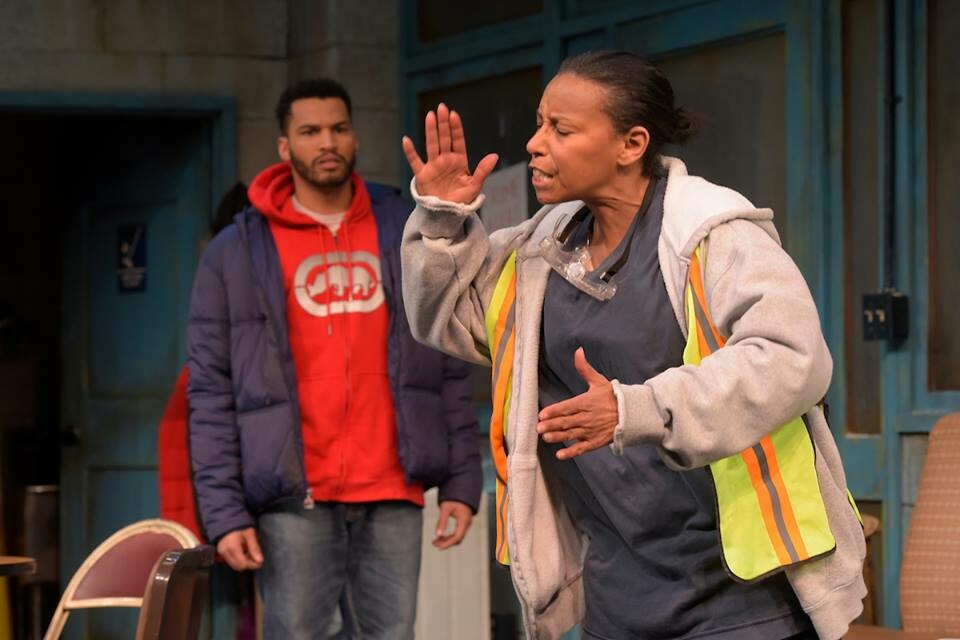
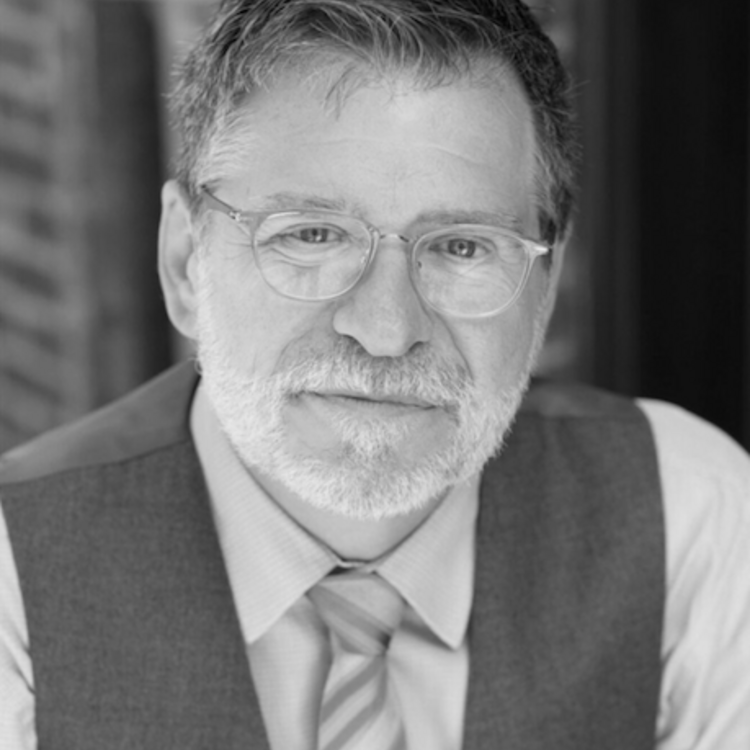
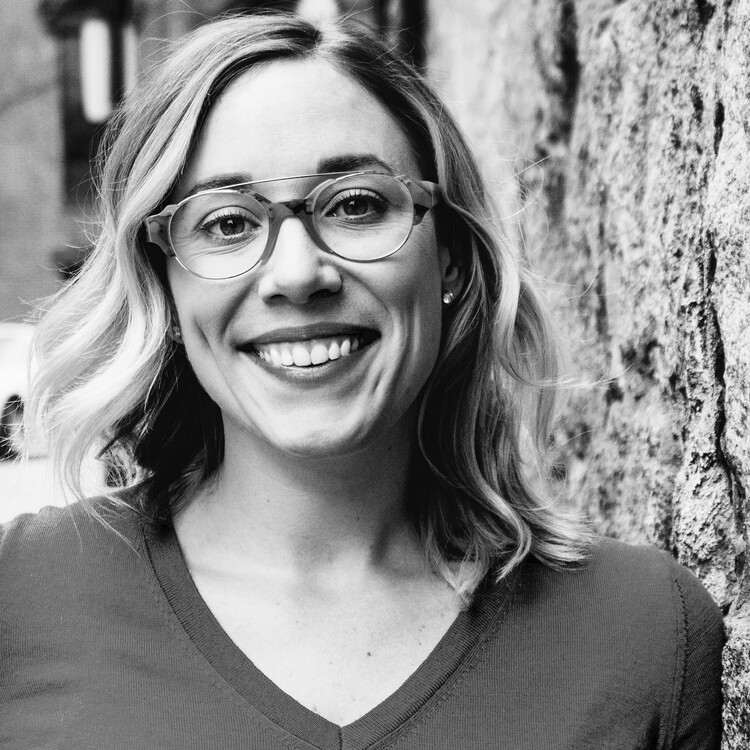
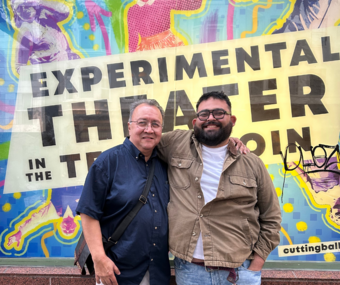


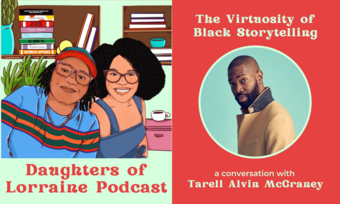



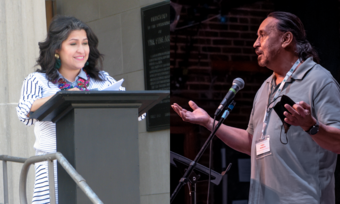


Comments
The article is just the start of the conversation—we want to know what you think about this subject, too! HowlRound is a space for knowledge-sharing, and we welcome spirited, thoughtful, and on-topic dialogue. Find our full comments policy here